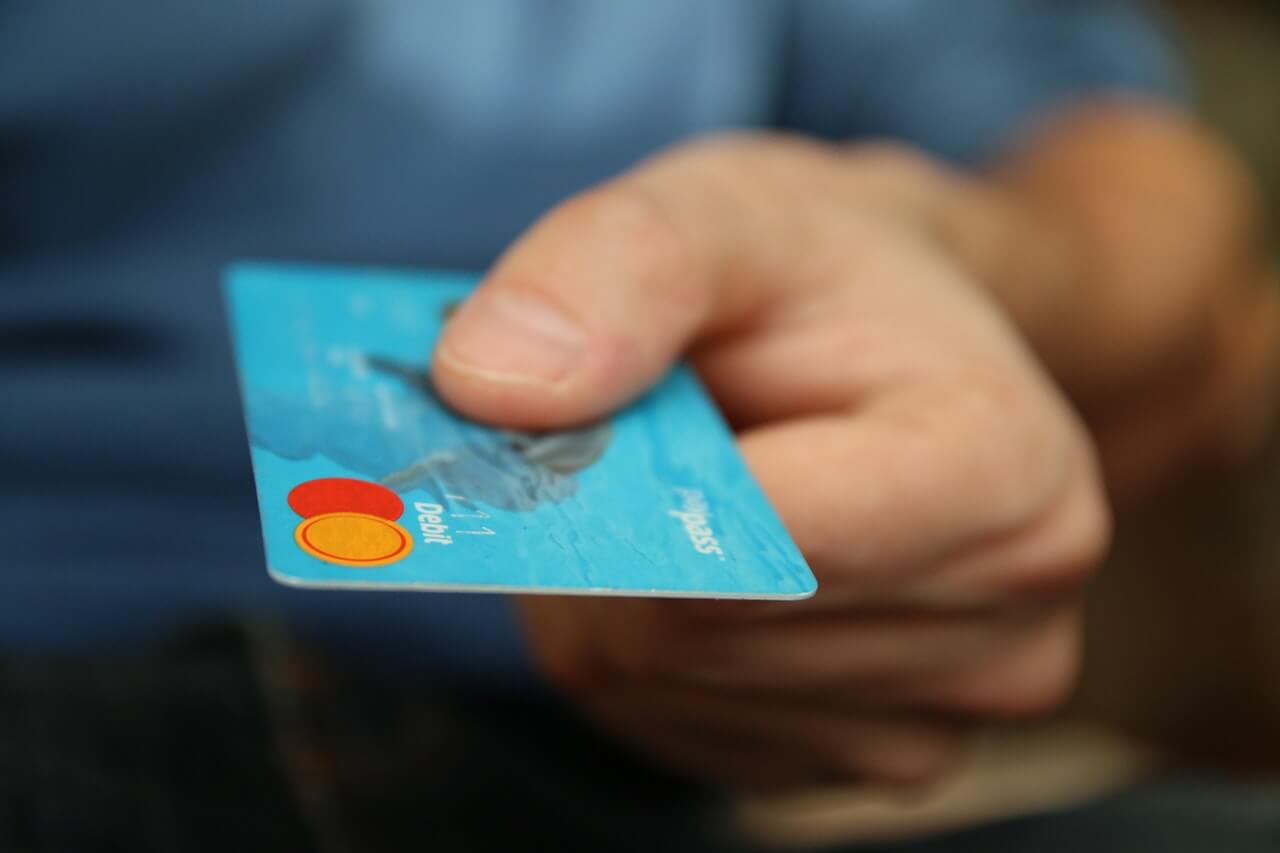Business
3 back-to-school personal finance tips for college students
College helps in preparing students to become set for life, and one of the things that they must learn is how to manage their finances.

Believe it or not, the summer is slowly coming to a close, and soon it’ll be time for students across the country to head back to class. Because of this, now is the time when many college students start preparing for the year ahead by choosing their dorm room decorations, scouting their various campus routes, and perhaps even pondering potential sorority or fraternity pledges. Of course, there’s one other major topic they should also be thinking about: their finances.
Since college is intended to prepare you for the rest of your life, it’s important that students gain an understanding of personal finance — including getting some first-hand experience. With that in mind, here are three finance tips for college students as they prepare to head back to school this fall.
Build upon your credit with a credit card
Giving a credit card to a college student might sound equivalent to handing a baby a box of matches, but there’s actually a good reason why students should start building their credit early. With credit scores still playing a major role in everything from lending decisions to rental applications, the decisions student make in school could have a major impact on their lives for years to come. As a result, it’s likely better for young adults to embrace credit than to run from it.
While there have been crackdowns on banks marketing on-campus in recent years, many card issuers still offer student credit cards that can help build credit when used properly. Alternatively, secured credit cards may be a smart option for those looking to build credit but are afraid of getting in over their heads. Since they require a deposit, secured cards are easier to get approved for than traditional cards. Additionally, students may consider asking their parents to make them authorized users on their credit cards. In some cases, this arrangement will allow students to “inherit” their parents’ good marks and give them a nice head start in establishing their own credit.

Having a credit card early on can help build good credit in the long run. (Source)
Consider a part-time job or side hustle gig
Surely you’ve heard horror stories about how many students graduate with tens of thousands of dollars of debt. In some cases, this may unavoidable. However, taking on a part-time job of some sort could help chip away at that debt before it comes due.
Beyond traditional part-time positions, these days there are several ways students can make money in their spare time. Some classic examples include ride-sharing services like Uber or Lyft, but other options such as the dog walking service Wag are also gaining steam. Additionally, thanks to sites like Etsy and Fiverr, students could potentially monetize their hobbies and skills and help stave off a bit of their debt load.
Challenge yourself to save
Just as making some extra money as a student can be helpful, learning about ways to save money can also go a long way toward setting up your financial future. This could include utilizing apps like Dosh or Ebates to earn cash back on purchases or just being disciplined and setting money aside on a regular basis. Not only will starting these habits now give you more cash while in school but will certainly come in handy once you enter the dreaded “real world.”
With back-to-school season just around the corner, now’s a great time for students to think about the upcoming year. In addition to the classes and credits required, students should also take the time to better their personal finances this semester. By working to build credit, make extra cash, and learn to save, you can make the most out of your educational years.
—
DISCLAIMER: This article expresses my own ideas and opinions. Any information I have shared are from sources that I believe to be reliable and accurate. I did not receive any financial compensation in writing this post, nor do I own any shares in any company I’ve mentioned. I encourage any reader to do their own diligent research first before making any investment decisions.

-

 Fintech2 weeks ago
Fintech2 weeks agoFintower Secures €1.5M Seed Funding to Transform Financial Planning
-

 Impact Investing7 days ago
Impact Investing7 days agoBNP Paribas Delivers Record 2025 Results and Surpasses Sustainable Finance Targets
-

 Biotech2 weeks ago
Biotech2 weeks agoTwogee Biotech Advances Industrial Enzyme Solutions for Circular Production
-

 Crypto4 days ago
Crypto4 days agoUniswap and BlackRock Partner to Launch BUIDL in DeFi
























You must be logged in to post a comment Login